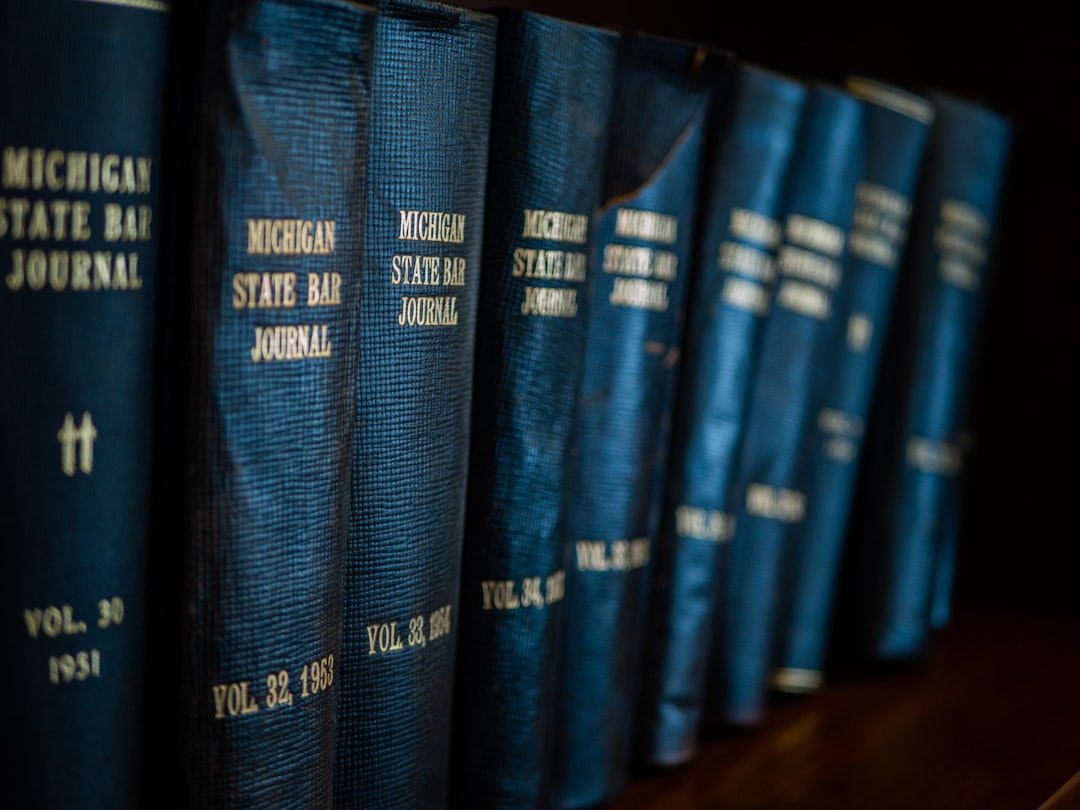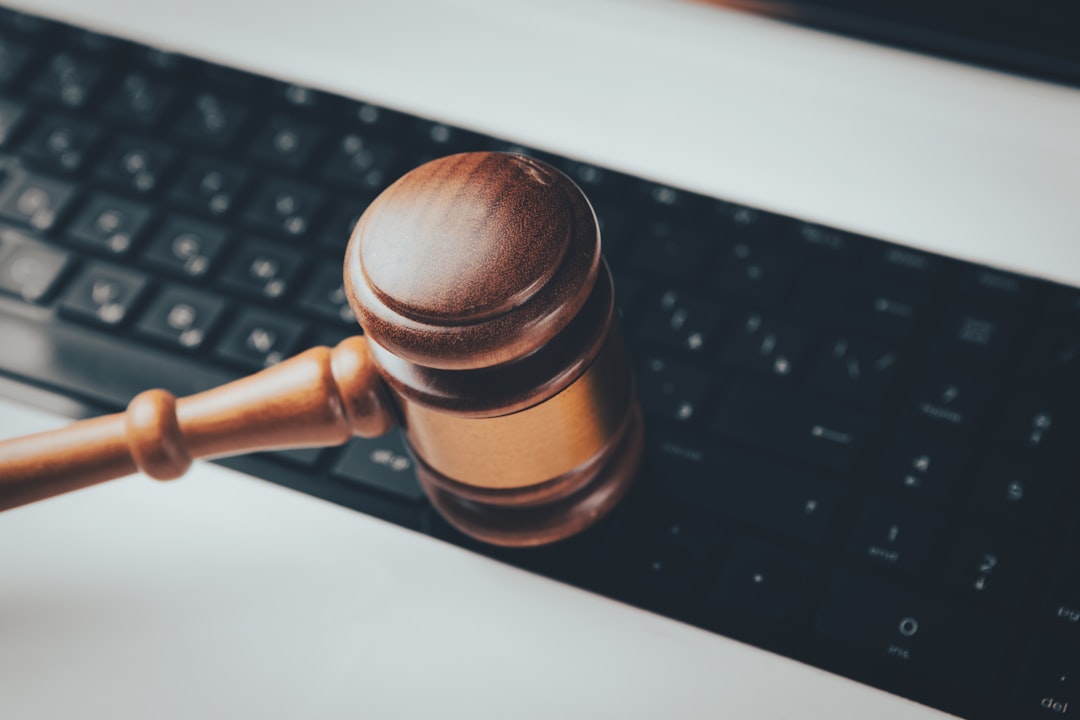In Connecticut, schools are legally obligated to maintain a safe learning environment, with strict policies against physical, emotional, and sexual misconduct. A school abuse lawyer ensures these guidelines are met, fostering accountability and protecting students. Recognizing and reporting abuse signs is crucial, with training for staff and workshops for students on various forms of abuse. Implementing effective strategies involves policy documentation, faculty training, community collaboration, and leveraging partnerships with legal aid organizations to create a supportive atmosphere where students feel empowered to report and recover from potential harm. SEO keywords: school abuse lawyer Connecticut.
New Haven’s schools face a critical challenge: strengthening abuse prevention policies. This comprehensive guide explores strategies for addressing a pervasive issue often hidden within educational institutions. From understanding the scope of abuse in Connecticut schools to implementing effective training and support systems, we delve into actionable steps. By examining legal frameworks and fostering collaborations with community resources, New Haven can create a safer environment for students, ensuring a brighter future free from abuse. Connect with expert school abuse lawyers in Connecticut to navigate these vital policy changes.
Understanding the Scope of Abuse in Schools: A Connecticut Perspective

In Connecticut, particularly within the New Haven school system, understanding the scope and extent of school abuse is a critical first step towards strengthening abuse prevention policies. School abuse can manifest in various forms, including physical, emotional, and sexual assault, as well as cyberbullying and online exploitation. As a state with a robust legal framework for child protection, Connecticut schools must adhere to stringent regulations aimed at ensuring student safety. A school abuse lawyer in Connecticut emphasizes the importance of proactive measures, such as comprehensive training for staff, clear reporting protocols, and age-appropriate education programs designed to empower students to recognize and report abusive situations.
The New Haven Schools, with its diverse student body, must also consider the unique challenges faced by different communities. This may involve tailoring abuse prevention initiatives to address cultural sensitivities and language barriers, ensuring that all students feel safe and supported. By fostering a culture of transparency, accountability, and inclusivity, New Haven schools can create an environment where every student feels empowered to speak out against abuse, knowing they will be heard and protected under the law.
Legal Framework and School District Responsibilities

In Connecticut, schools have a legal obligation to maintain a safe learning environment free from abuse and exploitation. A robust legal framework guides school districts in their responsibilities toward student protection. According to state laws, schools must implement policies that prevent, identify, and address instances of abuse, including physical, emotional, and sexual misconduct. This includes having reporting mechanisms in place for students, staff, and parents or guardians to report suspected abuse without fear of retaliation.
School districts in Connecticut are required to appoint designated personnel responsible for overseeing abuse prevention and response protocols. They must also provide regular training to staff on recognizing and reporting abuse. A school abuse lawyer in Connecticut can offer valuable insights into the latest legal requirements and best practices, ensuring that district policies align with state regulations. By adhering to these guidelines, New Haven schools can foster a culture of safety and accountability, protecting students from potential harm.
Identifying and Reporting Signs of Abuse: Training for Staff and Students

Recognizing and reporting signs of abuse is a critical step in creating a safer environment for students in New Haven schools. Teachers, administrators, and staff play a pivotal role in identifying potential abuse by understanding behavioral changes or physical indicators that may signal distress among students. This includes recognizing sudden changes in academic performance, frequent absences, or unusual aggression or withdrawal from social interactions. Training programs should be implemented to educate both staff and students about the various forms of abuse, including physical, emotional, and sexual assault, as well as cyberbullying.
Workshops and seminars can equip individuals with the knowledge to detect subtle signs and encourage a culture of open communication where students feel comfortable discussing their experiences without fear of judgment or repercussions. Connecticut school abuse lawyers emphasize that early intervention through proper training can significantly impact prevention strategies. By fostering an environment where reporting is encouraged, schools can ensure that potential cases are promptly addressed, providing support for victims and holding perpetrators accountable.
Implementing Effective Prevention Strategies: From Policy to Practice

Implementing effective abuse prevention strategies requires more than just well-crafted policies; it demands a holistic approach that seamlessly integrates with educational practices. Schools in New Haven, Connecticut, can start by ensuring comprehensive policy documentation that outlines clear guidelines for identifying and reporting suspected cases of abuse. This includes training faculty, staff, and administrators to recognize signs of distress or potential abuse among students, fostering an environment where every individual feels comfortable speaking up without fear of retaliation.
Regular workshops and seminars can be organized to keep everyone informed about the latest research and best practices in child protection. Collaborating with local law enforcement agencies and reputable school abuse lawyers in Connecticut can provide valuable insights into handling incidents effectively while adhering to legal requirements. By making these efforts, New Haven schools can create a safe and supportive atmosphere, empowering students to take an active role in their well-being and that of their peers.
Building a Supportive Environment: Collaboration with Community Resources

Creating a safe and supportive environment is essential in preventing and addressing school-related abuse. New Haven schools can collaborate with community resources to enhance their abuse prevention policies. By partnering with local organizations specializing in child welfare, mental health, and legal aid, schools can access additional support for students who may be at risk or have experienced abuse. These partnerships enable schools to provide immediate assistance, counseling, and referrals to specialized services, ensuring a comprehensive approach to student well-being.
Community resources can offer valuable training and workshops for school staff, empowering them with the knowledge to recognize signs of abuse and respond appropriately. Legal aid organizations can also play a crucial role in educating students and parents about their rights, especially when it comes to seeking justice and compensation through school abuse lawsuits in Connecticut. Such collaborations foster a network of support, ensuring that every student has access to the resources they need to thrive and recover from any form of abuse.






